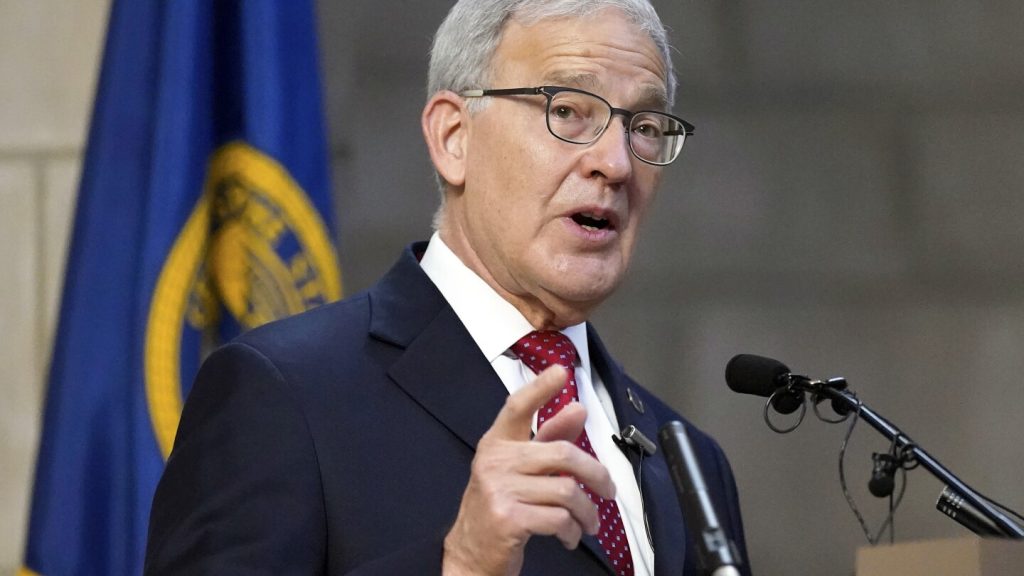Nebraska’s top election official, Secretary of State Bob Evnen, issued an order last month for county election officials to reject the voter registrations of those with felony convictions, stating that a state law restoring the voting rights of felons is unconstitutional. The American Civil Liberties Union (ACLU) argued before the state Supreme Court that it is only the court’s authority to determine the constitutionality of a law. They have filed a lawsuit on behalf of three Nebraska residents who would be denied the right to vote under Evnen’s directive.
The ACLU’s lawsuit was brought on behalf of a Democrat, a Republican, and an independent, who are at risk of being disenfranchised by Evnen’s order. If upheld, this order could prevent over 7,000 Nebraska residents, particularly in the Omaha-centered 2nd Congressional District, from voting in the upcoming election, where both the race for president and Congress could be competitive. With the November election approaching, the high court is expected to rule before the final deadline for voter registration on October 25th.
Evnen’s order came in response to a law passed by the Nebraska Legislature earlier this year, known as LB20, that restored voting rights to those who have completed their felony sentences. State Attorney General Mike Hilgers issued an opinion on the same day as Evnen’s order, declaring the new law as unconstitutional due to a violation of the state constitution’s separation of powers. The ACLU has raised concerns that if the previous law, LB53, is also deemed unconstitutional, it could disenfranchise tens of thousands of Nebraskans who have been eligible to vote for the past 19 years.
Although Evnen’s order bars county election officials from registering felons for the November election, he stated that he would not remove those who have previously registered under the 2005 law. The opinion from Hilgers argued that only the state Board of Pardons, under the control of the executive branch, can restore voting rights through pardons, which are rare in Nebraska. The ACLU criticized Evnen’s actions as disenfranchising voters and departing from longstanding rights restoration laws.
Former Secretary of State John Gale, in a friend-of-the-court brief, disagreed with Evnen’s actions and expressed support for enforcing the laws that restore voting rights to felons. The Nebraska Supreme Court is likely to rule on the constitutionality of the law directly impacting felons’ rights to vote. Despite a request from the ACLU for a writ of mandamus, the court seems inclined to consider the underlying law itself. As the legal battle continues, the fate of thousands of Nebraskans’ voting rights remains uncertain leading up to the November election.


